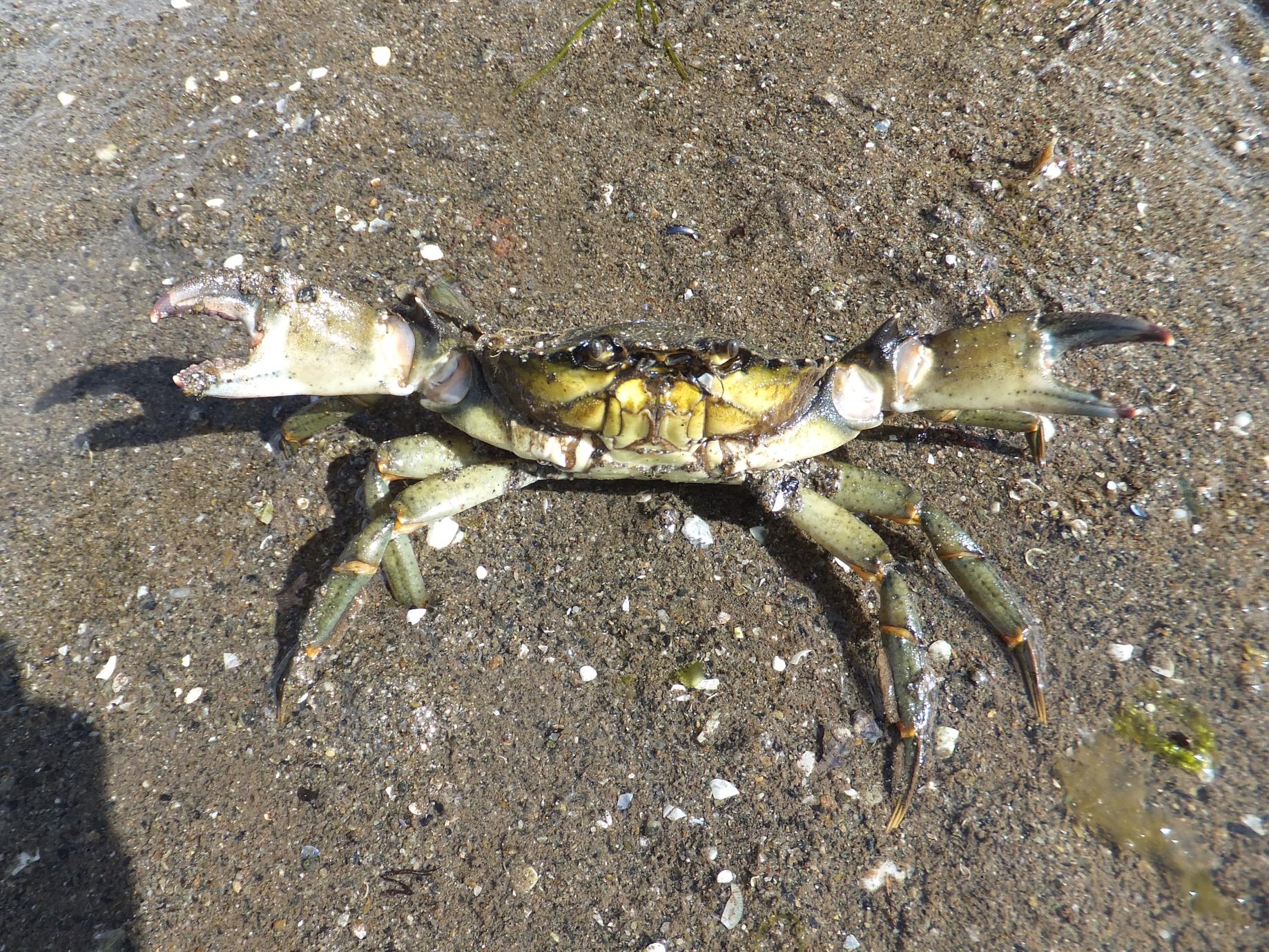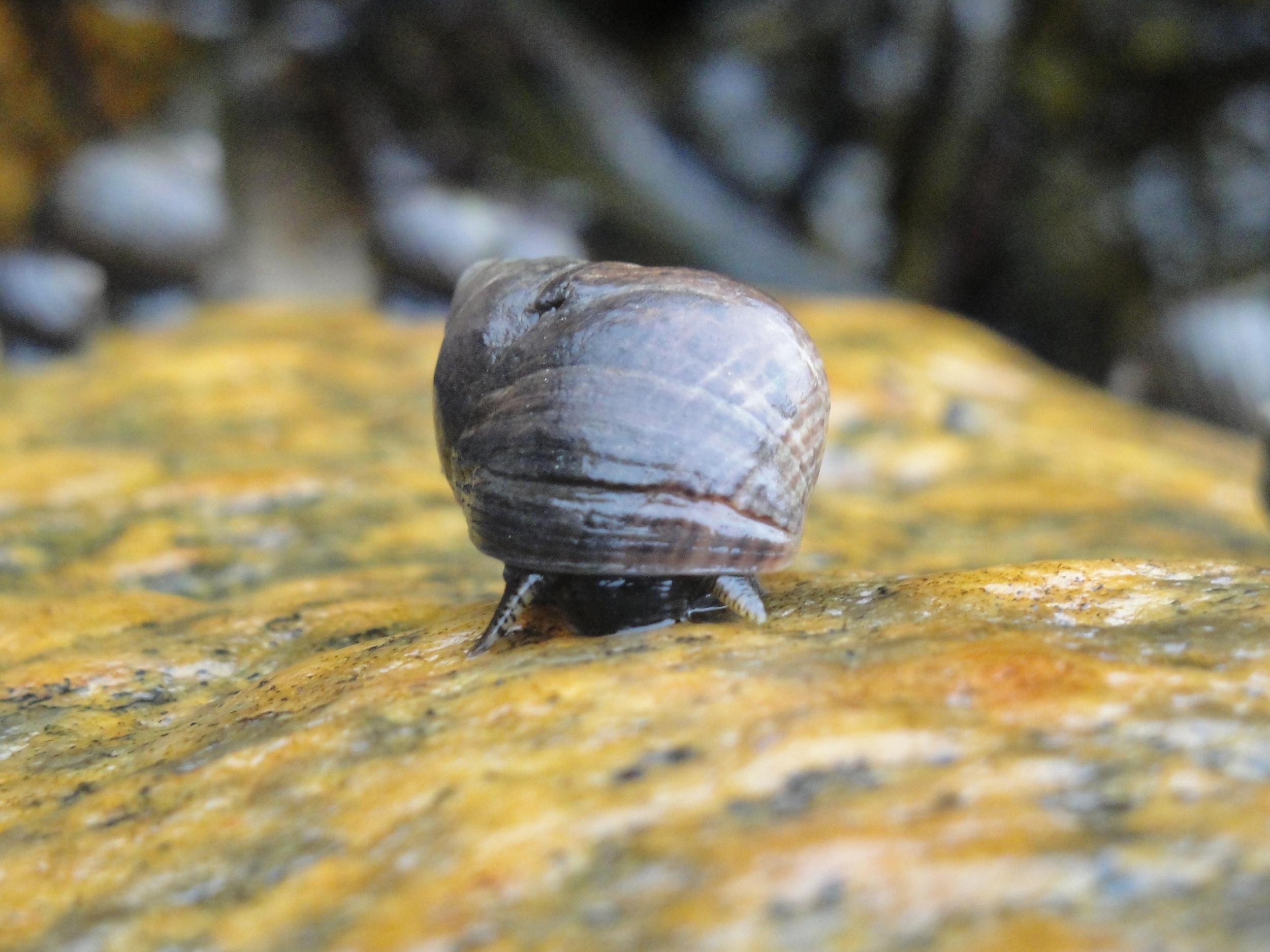Plastic chemicals changing marine animals' behaviour and leaving them vulnerable to attack, study suggests
Research suggests unseen but profound impact of plastic-derived substances on marine life

Chemicals from plastics can change the behaviour of marine creatures and leave them vulnerable to attack, according to a new study.
The discovery, based on experiments with sea snails, suggests plastic pollution is having profound effects on ocean life that are currently being overlooked.
Plastic has been found throughout the world’s seas, with pieces showing up everywhere from Arctic sea ice to the bottom of the Mariana Trench.
Often its harmful effects are obvious, particularly when whales die after choking on plastic bags or turtles become tangled in discarded fishing nets.
But plastics also contain a range of potentially toxic chemicals, including additives used in their manufacture and substances that they absorb from the environment.
The impact of these chemicals leaching into the surrounding water is not well understood, although some previous work has suggested they can disrupt the growth of animal embryos.

In a study published in the journal Biology Letters, Professor Laurent Seuront from the French National Centre for Scientific Research looked at the behaviour of common periwinkles when faced with crabs, their natural predators.
Normally, these tiny creatures can avoid attack by withdrawing into their shells when they sense crab chemicals in the water.
However, when placed in water used to soak tiny plastic pellets, the research team found that the shellfish were no longer responding when exposed to these chemical cues.
Robbed of their ability to sense approaching danger, the scientists said these animals could be left vulnerable to predation in the wild.
“This is the first study of its kind, looking not only at the biology of one species but the interactions between the prey and the predator,” Professor Seuront told The Independent.
He said these findings are likely applicable to any species that rely on chemicals to understand the world around them, including larger animals like crabs and fish.
Though water containing chemicals from virgin plastic pellets had some effect on periwinkle response, the most dramatic results came from the pellets that had been collected from beaches on the English Channel.

“The ones I collected from the shore are loaded with pretty much every chemical that can get absorbed on their surface,” said Professor Seuront.
“That means [pesticide] DDT, heavy metals, hydrocarbons – all the nasty things that are diluted in the oceans.”
With plastics and their accompanying chemicals now ubiquitous in the ocean, the scientists behind the study stressed the need for a greater understanding of their abilities to shape animal behaviours.
Disrupted predator-prey relationships could create ripple effects across ecosystems, and even affect human food sources.
Join our commenting forum
Join thought-provoking conversations, follow other Independent readers and see their replies
Comments
Bookmark popover
Removed from bookmarks